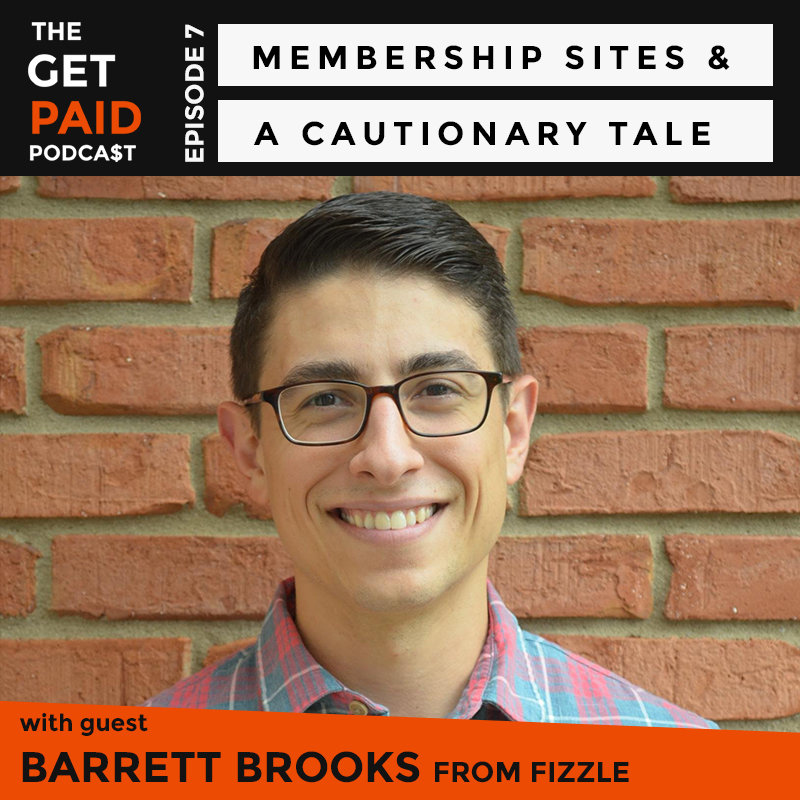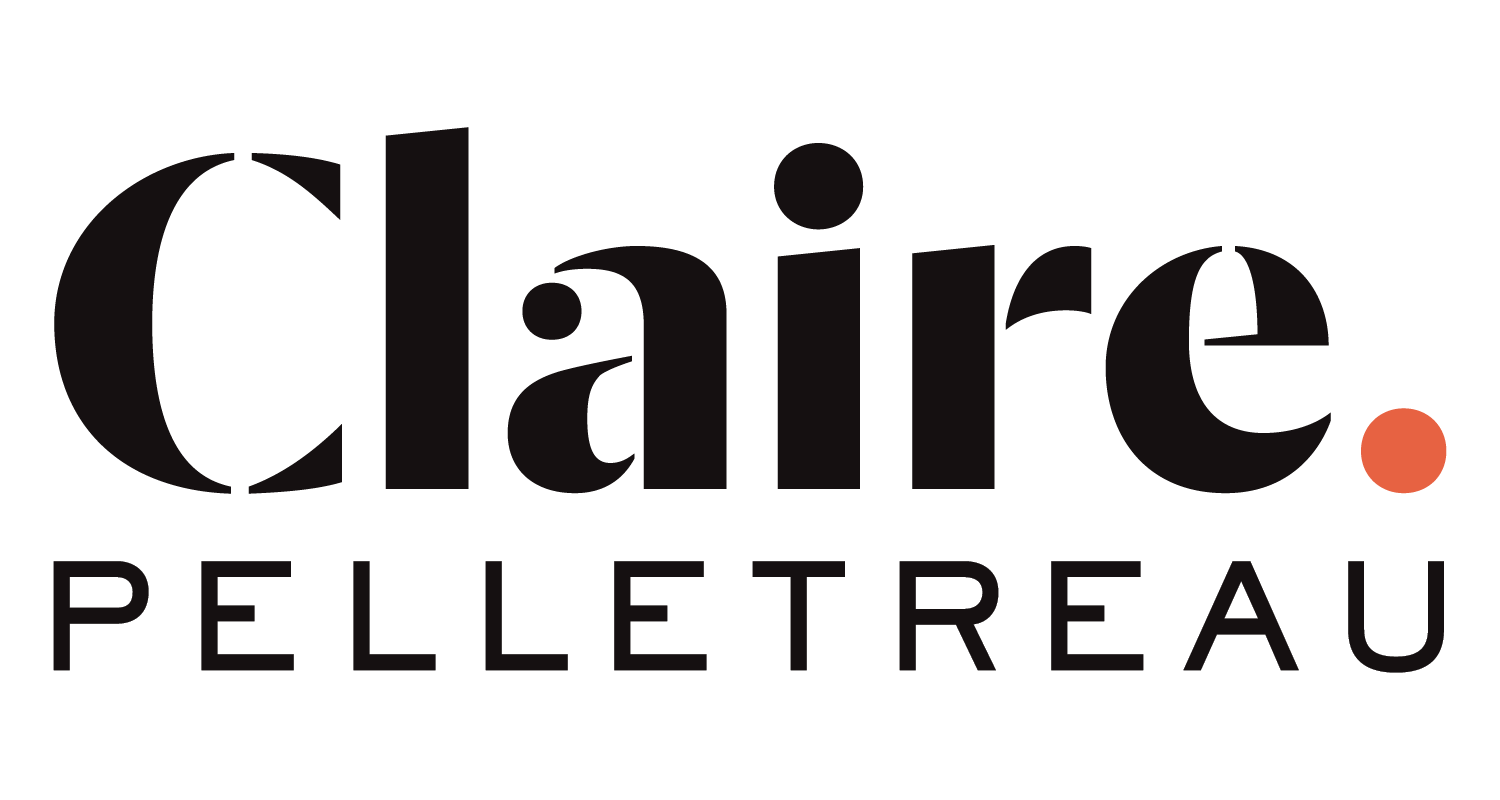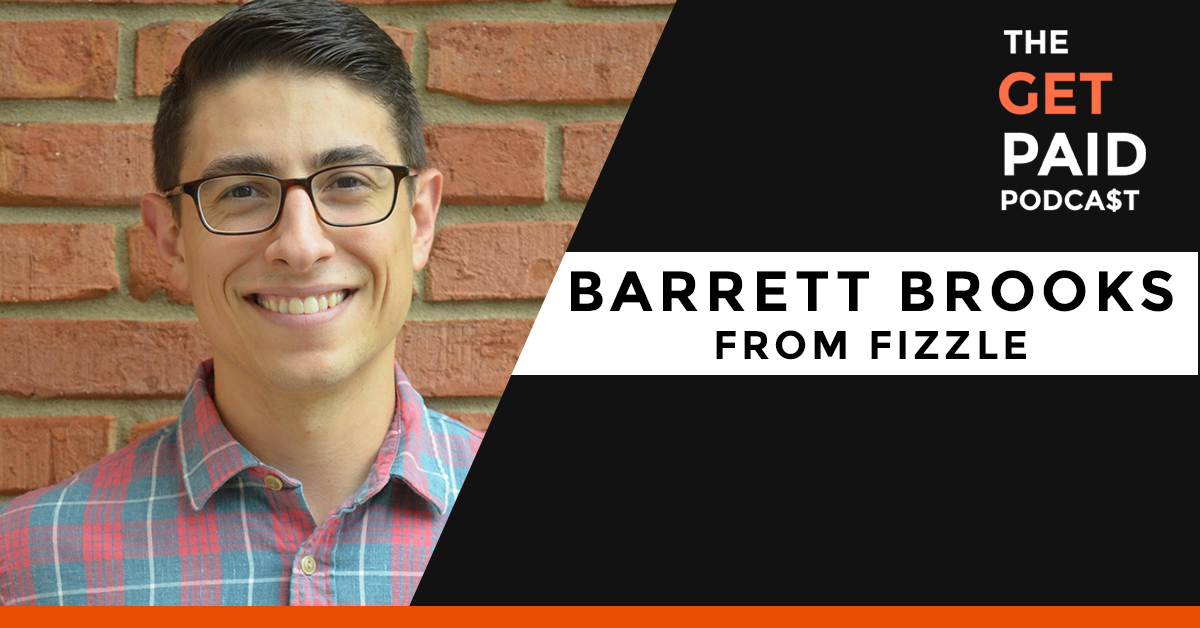 Once I (stupidly) tried to convince a potential client NOT to launch a membership site. I was really out of line, especially since I didn’t know her business very well, but fortunately she forgave me after I worked hard to pull my foot out of my mouth.
Once I (stupidly) tried to convince a potential client NOT to launch a membership site. I was really out of line, especially since I didn’t know her business very well, but fortunately she forgave me after I worked hard to pull my foot out of my mouth.
Here’s what I was thinking at the time: membership sites where you have a monthly charge on your credit card are a really hard sell. And just because someone signs up for the first month doesn’t mean they’re going to stick around very long.
Before I completely crush your dreams, however, check out this interview with Barrett Brooks, the Director of Growth at Fizzle, possibly the best membership site I’ve seen so far. They’ve tried out different pricing strategies, free or paid trial offers, and have tweaked their onboarding sequence to help reduce churn, or the number of people who cancel their membership each month. A membership site can work as a business model, but make sure you know what you’re getting into and don’t expect it to be smooth sailing just because you’ve launched.
In this episode you’ll hear:
— Why the pricing model that the Fizzle guys started out with didn’t last very long.
— The one thing that will keep a company from being profitable, even if you’ve built a strong brand and a significant audience.
— Seth Godin’s 2 lines of advice to Barrett on how much he should sell his pre-Fizzle startup for.
— The one thing that got me hooked on Fizzle, and why I expect to keep paying them for a long, long time.
— The change the Fizzle team is looking at making to the free trial they currently offer to new members.
— How much revenue Fizzle has brought in since launching (plus a little reverse-engineering to get to their annual gross revenue numbers).
— The #1 thing people report as the reason they cancel their Fizzle membership.
— Something that’s been missing from Fizzle for a long time that they’re just starting to roll out.
— Ballpark figures of how much the members of the Fizzle team get paid.
— Why Barrett was arrested (twice) despite his brainiac background.
Mentioned in this episode:
- Fizzle.co ← that’s my referral link
- The Fizzle Show Podcast
- The Sparkline, Fizzle’s blog
- Barrett’s site where he’s blogging daily
- Jobs to Be Done Podcast
Connect with Barrett and Fizzle on the ol’ social networks:
- Fizzle on Facebook
- Fizzle on Twitter (@Fizzle)
- Barrett on Twitter (@BarrettABrooks)
Don’t forget to leave a rating and a review for the show on iTunes if you like what you hear, cool?
SUBSCRIBE ON iTUNES, STITCHER OR GRAB THE FEED LINK HERE!
Thanks for listening! Time to go get yourself paid. :)











Claire,
I am really enjoying the podcasts so far. The one about trading in books/launches & becoming a ‘name’ to instead focus on building a more lightweight organization around saas was pretty cool. From my own experience, pivoting into a new market or a new service offering is the best part about being experienced in business. (see Trent Dyrsmid’s “Green Dot Theory”)
We know more about what works and what doesn’t than when we first started, which makes it less scary the second time. And we have also come across market needs that are not being met, but we are better able to analyze which opportunities are worth pursuing when you look down the 5-10 year road, or longer.
I was hoping for more of the real numbers on the membership site, but besides saying “those would be safe assumptions”, your counterpart was pretty vague. What is the churn rate? What were the highest and lowest numbers for that on a monthly basis? How did they improve it? What is the average % subscriber growth, and how is that changing over time? Considering churn, what is the growth in actual gross revenue, month over month, and is that pace increasing? If a major part of the ongoing value is in the forums, one could assume that as the subscriber base grows and have more success, customer retention should increase. Has it? How do they plan in increasing the lifetime value of a customer, besides having them stick around longer – premium offerings? meetups/seminars? etc. It helps profitability tremendously to have a way for your most enthusiastic fans to pay you more (and then much more) than the average subscriber.
The tips on the first business he started were great, and the lesson on fraud that they learned with the $1 trial was also insightful, as was the advice to dump the loser and move on asap.
I have been a Real Eatate investor for about 15 years, and I’m starting to transition away from exclusively that to a different business that is based on my experience and less on my own property ownership portfolio. I have a hard drive FULL of good stuff like leases, business models, investor agreememts, etc, plus lots of experience in apartments /student housing to share & many contacts to interview. We have built a better mousetrap that is repeatable in any college town.
My biggest question is how to proceed. Courses? Webinars? Coaching? PropMgmt staff training for investors at different colleges? Membership site? Seminars?
I realize that I wouldn’t have to (& couldn’t possibly) start all of these at once, but which should be first / second / third, and which should be avoided at all cost?
I’m not expecting you to answer these questions, just wanted you to know I am enjoying your hard work, and there is at least 1 listener looking for answers to questions like this.
Thanks again.
Hey Chris, thank you SO much for your incredibly thoughtful response to those two episodes. Have you thought about joining Fizzle? They are just so good at taking those “what should I do NOW” questions and helping you navigate through the answers.
I often feel like my area of expertise is really limited, but that’s OK too because I help people solve a very specific problem. I do wish sometimes that I was better at answering some of those big picture questions that you and tons of other people have.
If you want to join us in Fizzle feel free to use my referral link! https://clairepells.com/fizzle
Don’t worry about your area of expertise being limited. Anyone who is daring enough to try something new is going to find themselves in circumstances where they don’t feel completely comfortable.
I’m about to jump into our “back to school” turnover season in our student housing focused business, so any other major initatives will have to wait until that is over.
Keep up the good work. You are helping a lot of people learn these valuable lessons with you.
Hey Chris — Sorry to hear you felt I was a bit evasive in some of my answers. Those are pretty detailed numbers that we don’t want floating around publicly on the web, at least right now. Shoot me a message now that you’re in Fizzle and we can chat in a bit more detail off the record.
Great interview Claire!
If folks are looking for more information on Jobs to be Done (JTBD), here’s a quick primer:
It was created by a Harvard Researcher called Clayton Christensen. Here’s his famous article on “Milkshake marketing” that explains JTBD:
http://hbswk.hbs.edu/item/6496.html
I wrote a post that describes this in more detail here:
http://justinjackson.ca/hidden/
There’s also a great podcast called JTBD Radio:
http://jobstobedone.org/
Great, thanks so much Justin.
Really useful and engaging interview, Claire.
Thank you for asking questions about Barrett’s background and the move to Portland. These little details really help fill in the gaps that we don’t often hear about.
Bookmarked this podcast and can’t wait to listen to future episodes!
Thanks Tom! Are you also in Portland or work with a remote team?
Glad you enjoyed it, Tom. Happy to answer any other questions you have to help fill in the gaps.
I was one of those people that signed up for Fizzle for 2-3 months and dropped out, and said, I might be back in the future. It was before Barrett came on board, and it sounds like the forum now is more active than at the time I was there. There were little to no interaction from the Fizzle guys that I recall. The courses were great, but I ultimately realized that I wasn’t going to find focus or motivation in a forum, when I already sorta knew what I wanted to do. So I took a break. I still might rejoin at some point. I would still recommend Fizzle to people to sign up and see if it works for them.
I did enjoy this episode very much. But, I wanted to mention the TED talk that Barrett did for TEDuga. it’s a must watch. http://www.youtube.com/watch?v=7wpdrXEXxDg
Awesome, thanks so much for sharing that video Andy! After my interview with Barrett ended I asked him about his plans for a speaking career, since he seems to be really practiced. Looks like he started young!
Thanks for your feedback, Andy. And especially for your kind words about the TEDx talk.
As a solopreneur running a member site THIS is the first podcast and anything, really, that really taught me something. THANK YOU. This has been such a good frantic note-taking experience. I didn’t even know of Churn … My member program isn’t open to the public and I am already surpassing what I need to live. This really makes me think about how to strategically grow it and handle it in the coming year. Thank you.
Wow, that’s quite a compliment Shawn, thanks! May I ask how people get into your community? Do they have to be on your list first? What’s the price point? (Now I’m interviewing you.) :D
I am going to email you … if I can find your email. But my member program is for alumni of my program only. And right now it’s at $40 a month but if you opt in at the right time it’s $30.
Glad to hear it was helpful, Shawn!